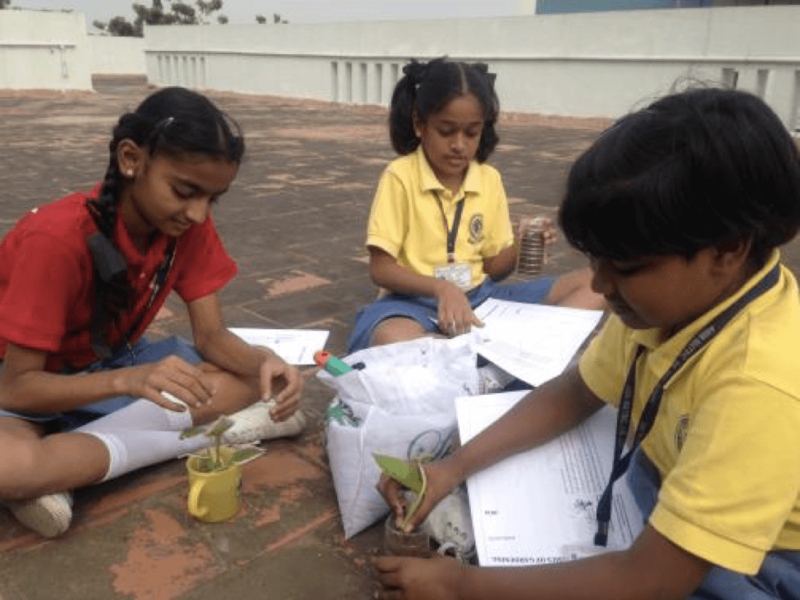i2Can – Inspiring and Igniting Young Minds is a series of experiential learning programs designed to provide in-school children with a combination of simple life skills and awaken in them the passion for green, clean and safe living. More specifically, the focus is on instilling the right values and skills on health, sanitation and hygiene, first-aid and emergency response, green living philosophy (reduce, reuse, recycle), ethics and morals and problem-solving and decision-making, which would enable the youth to become agents of change.
Through the above initiatives, i2Can aims to empower these young people to learn, practice, and thrive in their communities. They are also actively encouraged to share their knowledge with their immediate family and friends. The key beneficiaries of this programme are the urban poor and rural communities.
ASSIST undertook various activities during the implementation of this project that included teaching using live demonstrations, activity-based learning, workshops, seminars and lectures. By the end of 2017, i2Can had reached over 20,000 students and involved more than 450 schools in the southern state of Tamil Nadu, India.

School gardens serve as living laboratories where academic subjects can be integrated and the children can be active participants in the learning process.
In order to introduce children to such learning, 1,2,3 Grow was an initiative that promoted the creation of gardens at schools in the Indian state of Tamil Nadu. The main aim behind 1,2,3 Grow was for children to gain appreciation and respect for the environment that lasts into adulthood. The initiative also aimed to promote improved social skills amongst school children such as, working in groups and problem-solving; and to prepare them for higher education.
Gardens were built in private schools where children could practice their social skills and learn how to grow plants from which they get healthy food to eat. Workshops were also conducted as a supplementary activity to these pilot gardens.
The Government of the Philippines, through the Department of Education (DepED) and its regional office in the Autonomous Region for Muslim (ARMM) requested the Asian Development Bank (ADB) to provide grant assistance to address adult literacy and employment generation in ARMM areas. In response, ASSIST worked on a project entitled “Empowering Bangsamoro Communities Through Adult Literacy and Productivity Enhancement Programs” which aimed to increase the employment opportunities among non-literate adults in ARMM provinces.
In close coordination with the Department of Education’s Alternative Learning System Program, ASSIST provided an assessment of the training needs, supported the development of learning modules, prepared the cost estimates and project plan, designed a monitoring framework and consolidated the findings of assessment activities.


